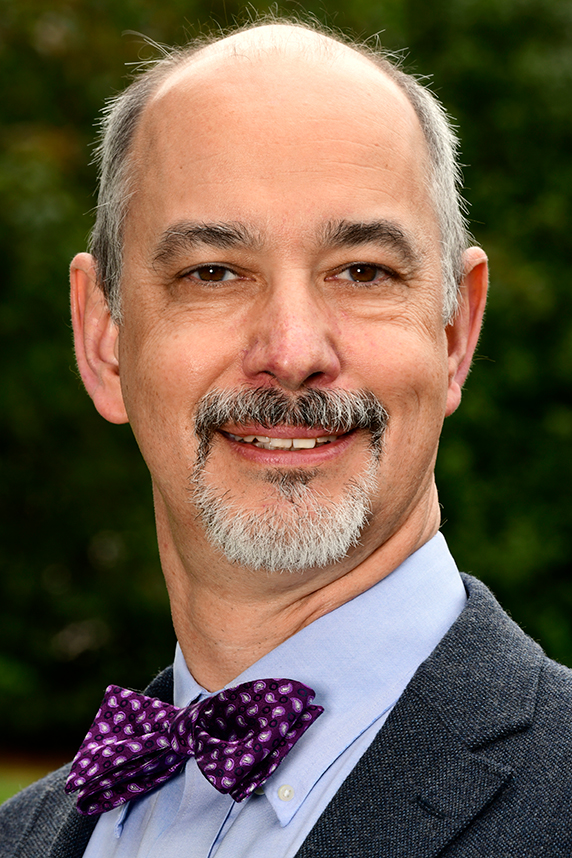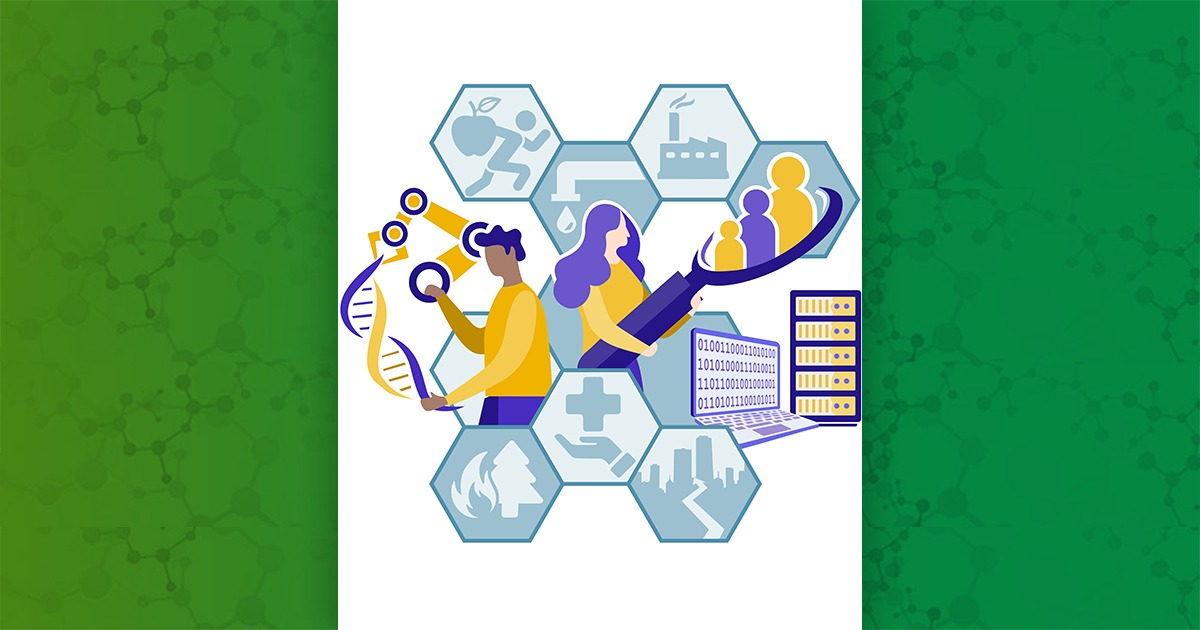Ever since molecular epidemiologist Christopher Wild coined the term “exposome” in 2005 to describe the totality of our environmental exposures, researchers have been discussing how the concept could advance environmental health research.
Now, through a series of virtual workshops this summer, NIEHS is initiating a pivotal shift from defining the exposome to demonstrating its value throughout the environmental health sciences and beyond.
“Our hope is that by developing an operational definition of exposomics research, more scientists will have the tools to investigate how complex environmental exposures may contribute to various human diseases,” said NIEHS Director Rick Woychik, Ph.D.
The workshop series, titled “Accelerating Precision Environmental Health: Demonstrating the Value of the Exposome(https://tools.niehs.nih.gov/conference/exposomics2022/),” included five open and interactive virtual workshops throughout July and August, and will culminate in a summit in September.
The ultimate goal, according to the organizers, is to develop a roadmap for integrating exposomics into health and disease research.
Five themes
“The comprehensive and systematic analysis of the environmental drivers of health and disease requires us to solve complex challenges collaboratively and chase exciting opportunities,” said David Balshaw, Ph.D., acting director of the Division of Extramural Research and Training (DERT).
 Each of the workshops applied the open space technology format, which allowed for as many as 20 simultaneous breakout room discussions to occur at once. “We covered a lot of ground,” Balshaw said. (Photo courtesy of Steve McCaw / NIEHS)
Each of the workshops applied the open space technology format, which allowed for as many as 20 simultaneous breakout room discussions to occur at once. “We covered a lot of ground,” Balshaw said. (Photo courtesy of Steve McCaw / NIEHS)A specific subset of these challenges and opportunities served as the focus for each workshop.
- Tools, Technologies, and Methodologies (measuring the exposome).
- Biological Responses and Impact on Health and Disease (integrating multi-omics with biomarkers of exposure, response, effect, susceptibility, vulnerability, and resilience).
- Future of Clinical & Prevention Trials, Cohorts and Epidemiology (designing studies, calculating power, approaching pooling).
- Social and Societal Impacts (integrating social determinants of health, diversity, health disparities, privacy, trust, driving policy change).
- Data Infrastructure, and Data Analytics (analyzing, interpreting, visualizing, integrating and sharing data).
Driven by community
The series brought together 400 people through the first four workshops, from a variety of disciplines, geographies, and perspectives to create a framework for the field. Each of the workshops applied open space technology, a meeting format that allowed the gatherings to be open, interactive, and self-directed. The agenda was set by those in attendance, who brought forward ideas, led the discussions, and helped sort priorities going forward.
Yuxia Cui, Ph.D., health scientist administrator in the Exposure, Response, and Technology Branch, said that the open and interactive nature of the workshops has allowed buy-in from the larger environmental health research community and demonstrated that their input is what will ultimately keep the field progressing.
Attendees share enthusiasm
Feedback from the workshops indicated that attendees gained a lot in return for their participation.
- “Seeing science evolve in real time brings about fascinating and engaging discussions.” — Neil Zhao, University of Michigan.
- “Great discussions and engagement by all in a very open and fluid virtual environment. At first, I was a tad apprehensive over the format, but it really worked.” — Nigel Walker, Ph.D., NIEHS Division of the National Toxicology Program.
- “It was an amazing learning experience. A great opportunity to network, and in my role working at NIH, a good opportunity for identify gaps for research. Thank you.” — Guillermina Girardi, Ph.D., Eunice Kennedy Shriver National Institute of Child Health and Human Development.
- “Now I have three new research ideas!” — Qiwen Cheng, Ph.D., Arizona State University.
- “I’m excited about the collaborative spirit showcased in today’s discussions and ‘big goals’ of exposomics.” — Jessica Worley, Wayne State University.
Director of the NIEHS Office of Science Innovation, L. Michelle Bennett, Ph.D., who serves as senior advisor for strategic initiatives and one of the workshop series committee members (see sidebar), said the series conveyed the importance of advancing the field of exposomics.
“We wanted to create a buzz and generate enthusiasm, and I think we’ve done that,” Bennett said.
(Marla Broadfoot, Ph.D., is a contract writer for the NIEHS Office of Communications and Public Liaison.)
Source link
factor.niehs.nih.gov



